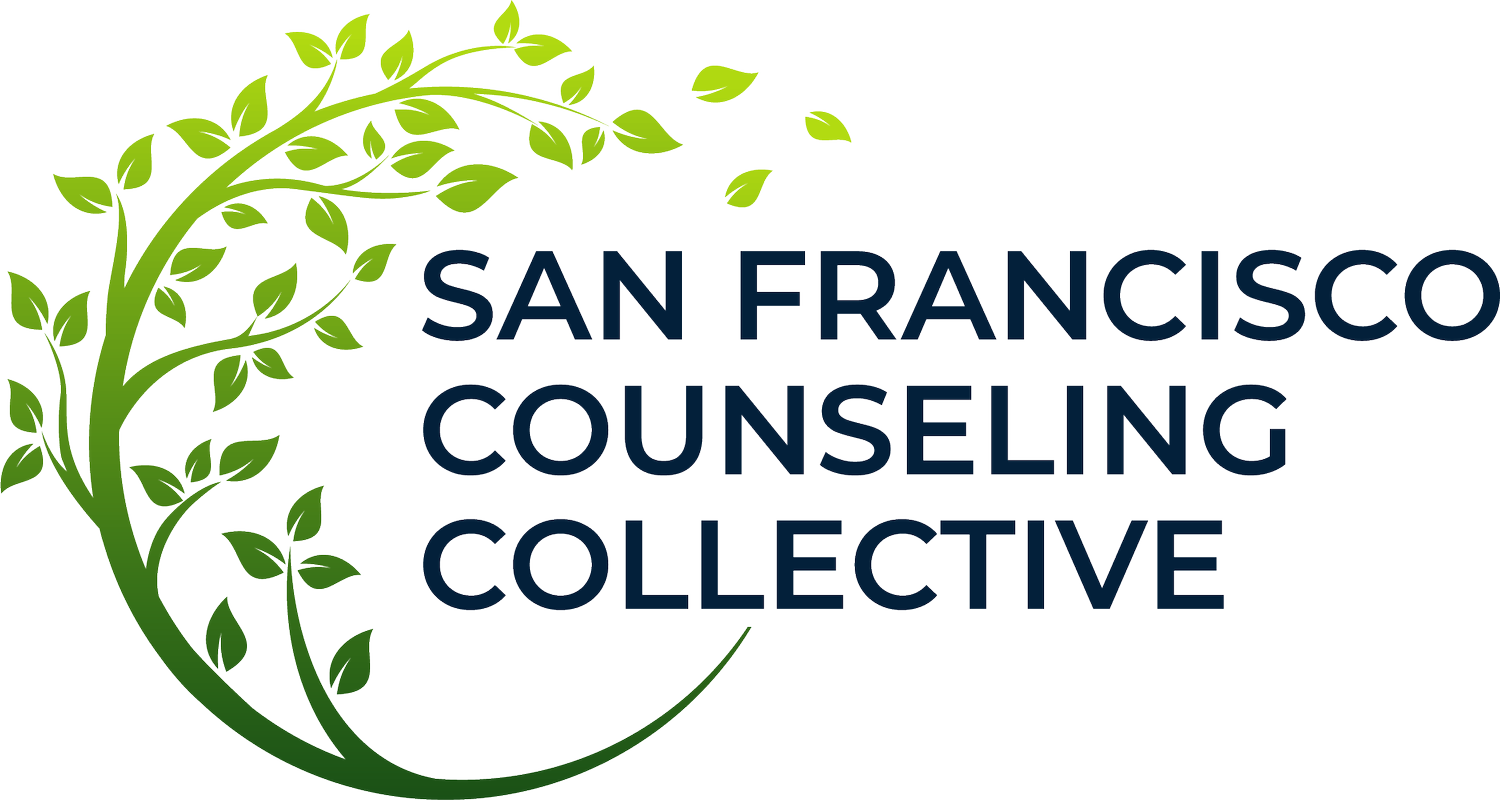About Bart Golub …
After spending almost two decades in hospitality and tech, I discovered that my true calling lies in helping people build more authentic, fulfilling relationships with themselves and others. My journey to becoming a therapist began in undergrad at the Cornell Hotel School, where I was drawn to hospitality’s fundamental orientation toward service and human connection. This foundation taught me that genuine care for others’ wellbeing creates the most meaningful and lasting impact.
I decided to pursue a career where I could use my understanding of human nature to genuinely help people improve their lives. After earning my MSW from Columbia, training at the Community Health Resource Center in San Francisco, and more recently working with the LGBTQIA+ community at the Pacific Center for Human Growth in Berkeley, I determined my own practice would be grounded in Interpersonal Psychology, drawing heavily from the combined wisdoms of Alfred Adler and Adlerian Psychology (also called Individual Psychology), as well as from Dossie Easton, sex positive polyamorous pioneer and co-author of The Ethical Slut.
I believe that all human struggles are fundamentally interpersonal relationship problems—whether they involve romantic partners, family members, friends, colleagues, or our relationship with ourselves. My approach examines the full spectrum of human connections and how they shape our experience. While our past experiences certainly influence us, I believe it’s not the events themselves that determine who we become, but rather our perception of those events and the meaning we assign to them. This is why two people can experience similar situations yet emerge with completely different outlooks and coping strategies.
In my practice, I’m more interested in understanding what you’re moving toward (your goals, values, and desired future) than events of the past. This perspective opens up tremendous possibilities for change and growth, regardless of what you’ve experienced before. I believe deeply in the power of holding intimate, dynamic, and vulnerable relationships with multiple people in our lives.
I’m particularly passionate about helping people move away from authority-based relationship dynamics. I believe that caring individuals should be trusted to make their own choices with the understanding that they love and care about those around them. When structure is needed, I encourage agreements (collaboratively discussed and mutually chosen) over rules (imposed restrictions that limit freedom). My approach to relationships—whether romantic, familial, or platonic—centers on encouraging continuous learning and growth. I aim to create a space where you feel genuinely chosen and valued for who you are.
To learn more about me and my work, send me a message for a free 20-minute consultation. I look forward to hearing from you.

